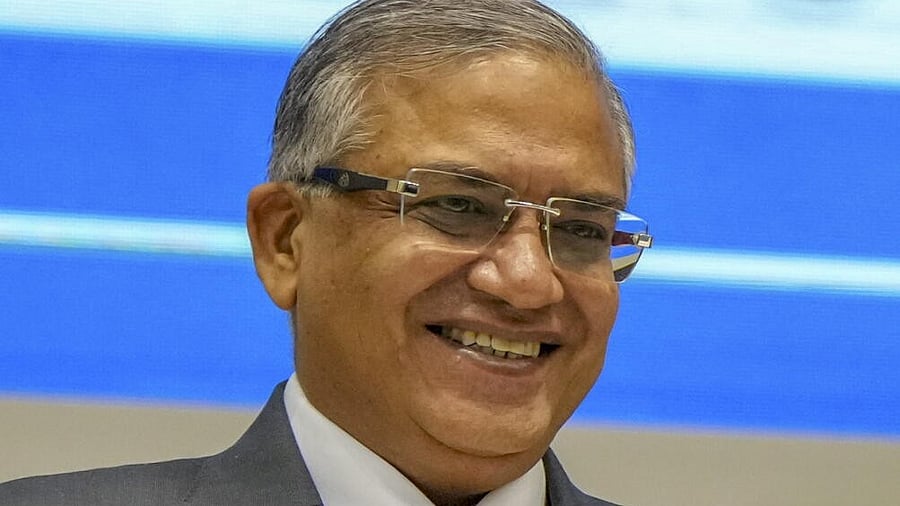
Gyanesh Kumar
Credit: PTI Photo
New Delhi: Gyanesh Kumar, who will be taking over as Chief Election Commissioner (CEC) on Wednesday, will have his first major assignment later this year when he will steer the Bihar Assembly elections.
With a tenure lasting till 26 January, 2029, he will preside over around 20 Assembly elections as well as Presidential and Vice Presidential elections besides a number of Rajya Sabha elections. After Bihar polls, elections are scheduled in West Bengal, Kerala, Tamil Nadu and Puducherry in 2026 while Assembly elections are due in Uttar Pradesh, Rajasthan and Madhya Pradesh among others in 2027.
Kumar is the first CEC to be appointed under a new law on the appointment of the members of the Election Commission (EC). The CEC and ECs demit office on attaining the age of 65 years or completing six years in the EC, whichever is earlier. Kumar will turn 65 on 27 January, 2029.
A Kerala cadre IAS officer of 1988 batch who retired from the union government as Co-operation Secretary in January 24, he was appointed an Election Commissioner on March 14 last year, two days before the EC announced the schedule for the Lok Sabha elections.
Along with him, Sukhbir Singh Sandhu was also appointed as the government filled two vacancies created due to the retirement of Anup Chandra Pandey and the surprise resignation of Arun Goel. By issuing the notification of Kumar's appointment first, the government had established his seniority over Sandhu.
Kumar (61), a former IAS officer of Kerala cadre, had played a key role in setting up the Shri Ram Janmabhoomi Theertha Kshetra Trust when he was in the Ministry of Home Affairs as Additional Secretary. He also headed the Jammu and Kashmir Division in the MHA 2019 when Article 370 was revoked.
An IIT-Kanpur alumni, he was in central government since 2016. Besides handling several assignments in the Ministry of Home Affairs, he was also Parliamentary Affairs Secretary before moving into the Cooperation Ministry under Amit Shah.
In the Cooperation Ministry, he oversaw the enactment of the Multi-State Cooperative Societies (MSCS) (Amendment) Act, 2023 and formation of new national cooperative bodies – Bharatiya Beej Sahakari Samiti Limited (BBSSL), National Cooperative Organics Limited (NCOL), and National Cooperative Export Limited (NCEL).
During the UPA era, he was Joint Secretary (Defence Production) in the Ministry of Defence from 2007 to 2012.
In Kerala, he has handled diverse departments such as Finance Resources, Fast Track Projects, Public Works Department, Modernising Government Programme and Food, Civil Supplies and Consumer Affairs. He was Managing Director of Kerala State Cooperative Bank and Trivandrum Airport Development Society and Resident Commissioner of Kerala House in New Delhi.
Joshi, who was appointed Haryana Chief Secretary in November last year, is a 1989-batch officer and will retire from the EC in 2031.
At the Centre, he had assignments in Department of Financial Service and Ministry of Personnel. An alumni of IIT-Roorkee, Joshi also has a PhD in International Economics. He was also Registrar General and Census Commissioner.
